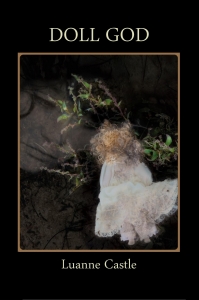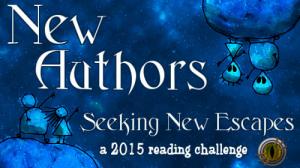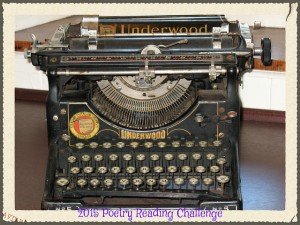
Paperback, 37 pgs.
I am an Amazon Affiliate
Our Wolves by Luanne Castle is a chapbook that hinges on the tale of Little Red Riding Hood, in which Castle explores themes of identity, feminism, and gender. Red is no longer merely a victim in these tales, she’s feisty and strong-willed, and in some ways she’s manipulative. Granny even plays a more integral role and explores what it means to be the excuse in a story. Castle also brings to the fore the role of the hunter and/or wood cutter found in folklore.
From “A Snowy Night in Manistee River Valley” (pg. 10), “I need to get outside,/let the chill wind wake me to myself./If it gets me, I’ll be clearheaded enough/to see what has substance, sharp enough/” There are often wolves that lurk in the dark of our minds, and here we see that isolation can breed some of that darkness and fear.
From "School for Girls Who Shouldn't Trust" (pg. 13) ... Just kneel them down to check their hems, keep their thighs covered, their minds intent. Let them learn karate and debate to live with men and beasts without damage or regret. Nobody warns them about the animal calls or signs that susurrate through the drainpipes. ....
There is so much to love in this collection and Castle’s imagination. Her poems provide us an alternate story, but they are by no means a retelling of Red’s tale. It is more a psychological exploration of characters in a tale where a young girl becomes/is a victim. How tired are we of this trope as women? We need to be saved? We are only victims and incomplete without the man in our lives to save us. How many times have we been in charge of our own destinies for better or worse? Castle explores all of these questions and scenarios while illuminating the wolves we face within and outside of ourselves.
Our Wolves by Luanne Castle may be few pages but they pack a powerful punch. Castle never ceases to surprise me as a reader.
RATING: Cinquain
About the Poet:
Luanne Castle lives in Arizona, next to a wash that wildlife use as a thoroughfare. She has published two full-length poetry collections, Rooted and Winged (Finishing Line Press 2022) and Doll God (Aldrich/Kelsay 2015), which won the New Mexico-Arizona Book Award for Poetry. Kin Types (Finishing Line Press 2017), a chapbook of poetry and flash nonfiction, was a finalist for the Eric Hoffer Award. Our Wolves (Alien Buddha Press 2023) is her second chapbook. Luanne’s Pushcart and Best of the Net-nominated poetry and prose have appeared in Copper Nickel, American Journal of Poetry, Pleiades, River Teeth, TAB, Verse Daily, Saranac Review, and other journals.


 About the Poet:
About the Poet:





















 Although today is technically the end of National Poetry Month, my poetry reviews for #NPM15 will continue into May because I read way more books than I thought for the month, thanks to the
Although today is technically the end of National Poetry Month, my poetry reviews for #NPM15 will continue into May because I read way more books than I thought for the month, thanks to the  1. Re-examining our childhood and our pasts is something that echoes throughout your collection, Doll God, and there is a deep sense of anxiety and loss tied to those reflections. When did you first start examining your own childhood and past and how does anxiety and loss tie into that self-examination?
1. Re-examining our childhood and our pasts is something that echoes throughout your collection, Doll God, and there is a deep sense of anxiety and loss tied to those reflections. When did you first start examining your own childhood and past and how does anxiety and loss tie into that self-examination?
 About the Poet:
About the Poet:









